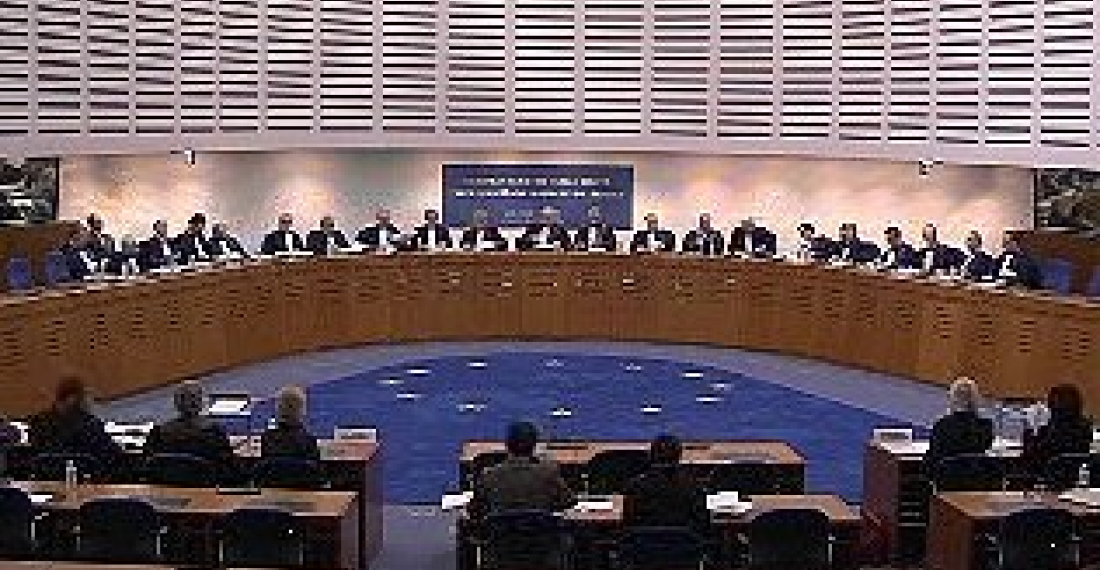In today’s Grand Chamber judgment in the case of Sargsyan v. Azerbaijan (application no. 40167/06) the European Court of Human Rights ruled on the question of just satisfaction. It held, unanimously, that the Azerbaijani Government had to pay the applicant 5,000 euros (EUR) in respect of pecuniary and non-pecuniary damage and EUR 30,000 in costs and expenses.
The case concerned an Armenian refugee’s complaint that, after having been forced to flee from his home in the Shahumyan region of Azerbaijan in 1992 during the conflict over Nagorno-Karabakh, he had since been denied the right to return to his village and to have access to and use his property there. The Court observed that the principle of subsidiarity underpinned the system of the European Convention on Human Rights. Thus, Armenia and Azerbaijan had given undertakings prior to their accession to the Council of Europe, committing themselves to the peaceful settlement of the Nagorno-Karabakh conflict.
The Court could only underline that it was their responsibility to find a solution on a political level to the conflict. Without prejudice to any compensation to be awarded to the applicant as just satisfaction, the effective execution of the principal judgment called for the creation of general measures at national level. The Court also noted that the damage did not lend itself to precise calculation. Certain difficulties in assessing the damage derived from the passage of time: the time element made the link between a breach of the Convention and the damage less certain. In conclusion, the Court underlined the responsibility of the two States concerned to find a resolution to the Nagorno-Karabakh conflict. Pending a solution on the political level, the Court considered it appropriate to award the applicant an aggregate sum for pecuniary and non-pecuniary damage.
Decisions of the Grand Chamber are final. The Grand Chamber that gave the judgement consisted of 17 judges, led by Italian Judge, Guido Raimondi.
You may read more on the website of the European Court for Human Rights here
source: with the press service of the European Court for Human Rights
photo: The Grand Chamber of the European Court for Human Rights (archive picture)






